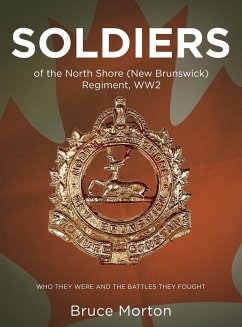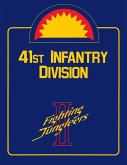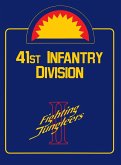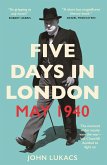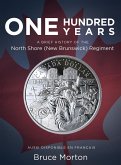Soldiers, of the North Shore (New Brunswick) Regiment, WW2, Who They Were and the Battles They Fought, is a history of Canada's contribution to WW2, told in brief biographies of about 200 soldiers of all ranks. Author, Bruce Morton, the official historian of the regiment, previously recorded the regiment's history in his books One Hundred Years and the French equivalent Cent Ans, both recognized and promoted by the Juno Beach Centre. At all times during the war, the majority of these NS(NB)R soldiers, were men who had been born in New Brunswick or were living there before the war. About 60% were of English, Irish, or Scottish descent, 35% were French, and the balance were First Nations, Blacks, and others. Their fathers were most frequently small farmers, or fishermen who worked in the logging business in the winter. Amenities at home for many were limited to a wood stove, oil lamps, a well, and an outhouse. Most of these soldiers came from large families with 8 to 12 children, and it was common for siblings or a parent to die at an early age. Most of the men who served with the NS(NB)R left school after completing grade five to grade eight, and they had all lived through the ten years of the Great Depression (1929-39). The North Shore (New Brunswick) Regiment was part of the first wave of the landing on Juno Beach on D-Day (June 6, 1944). Soldiers describe their casualty-intensive battles in Normandy, and during the capture of the French ports along the English Channel, the brutal Battle of the Scheldt, and the Invasion of Germany.

